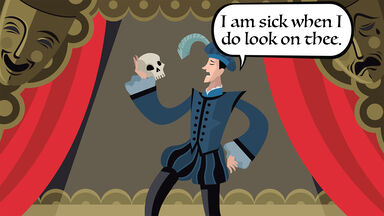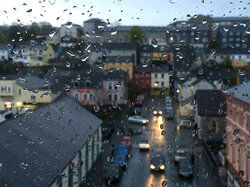Antonio and Francesco both having died childless, the duchy passed to Charles of Bourbon (Don Carlos), infante of Spain, who, becoming king of Naples in 1734, surrendered Parma and Piacenza to Austria, but retained the artistic treasures of the Farnese dynasty which he had removed from Parma to Naples.
He took up his residence in Avila, where he had built a convent; and here he resumed the common life of a friar, leaving his cell in October 1497 to visit, at Salamanca, the dying infante, Don Juan, and to comfort the sovereigns in their parental distress.
Dom Enrique, Infante of Portugal, surnamed the Navigator (1394-1460) transported it about 1420, from Cyprus and Sicily to Madeira, whence it was taken to the Canaries in 1503, and thence to Brazil and Hayti early in the 16th century, whence it spread to Mexico, Cuba, Guadeloupe and Martinique, and later to Bourbon.
After refusing several crowned heads in marriage, Costanca was at last persuaded to accept the hand of the infante Dom Pedro, son of Alphonso the Proud, king of Portugal.
He went in secret to the palace at Coimbra, where Inez and the infante resided, accompanied by his three familiars, and by others who agreed with them.




